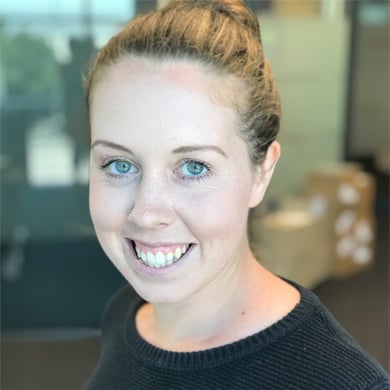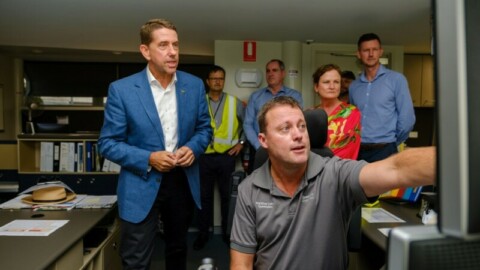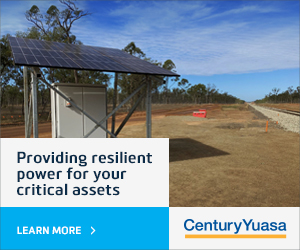ARENA will provide funding for a project to develop a sustainable solution to the problems of water supply and bottled water consumption by using solar panels to produce drinking water.
Zero Mass Water will be given $420,000 in funding for the SOURCE Hydropanel Demonstration Project, a $871,000 pilot program that will see 150 SOURCE hydropanels installed across Australia.
Test sites will be located in Sydney, regional New South Wales, Adelaide, Canberra, and Borroloola – a small town in the Northern Territory with a population of less than a 1000 people.
ARENA CEO, Ivor Frischknecht, said the SOURCE hydropanels were a unique way of accelerating solar PV innovation in Australia.
“Zero Mass Water’s project will create a product that offers a new application and market opportunity for solar PV in Australia. Using a combination of solar PV with solar thermal technology, SOURCE’s ability to create clean drinking water could be utilised to achieve positive solutions around water supply.”
Manufacturing bottled water is an energy and water-intensive process. Most bottled water is packaged in PET, a type of plastic made from fossil fuelsIf not recycled, millions of plastic bottles end up landfill where the plastic takes tens of thousands of years to breakdown.
Instead of filtering groundwater, the SOURCE hydropanels collect water vapour from the air, even in areas of low humidity. The SOURCE system is infrastructure-free, which means no wires or pipes, except for a single tube running from the panel to the tap.
The result is pure water produced on-site that is free of chemicals and has a reduced risk of contamination. It’s also zero waste – which means no more plastic water bottles on the ground or in landfill.
The pilot will mark the first use of the SOURCE technology in Australia and Zero Mass Water estimates that each SOURCE panel would produce enough water to displace 20,000 plastic bottles over a 15-year period.
According to analysis carried out by Zero Mass Water, around 40 per cent of Australians regularly drink non-tap water. Of those, one quarter drink bottled water, a group of roughly 2.3 million consumers.
If just one per cent of this group switched their water supply to SOURCE panels, Zero Mass Water estimated it would prevent the use of approximately 300 million water bottles and the release of 200,000 tonnes of CO2 into the atmosphere.
The pilot will trial SOURCE in a variety of locations ranging from airports, community centres, offices and commercial buildings, sustainable properties and schools.
Among the trial locations are Adelaide Airport, Byron Bay’s popular cafe and restaurant The Farm and a Catholic secondary school in Perth.
The pilot phase of the project will also incorporate a third party study to evaluate the environmental impacts of bottled water in Australia.
In an arid country like Australia, there are many sectors that could benefit from SOURCE hydropanel technology.
SOURCE panels could be integrated into buildings around the country to supply water.
In agriculture, the technology could provide a reliable water supply to farmers as well as livestock, in times of drought. It could also provide water in remote locations with no access to potable water or electricity.
“The potential benefits of this technology to the environment are important,” Mr Frischknecht said.
“This pilot project can produce reliable drought-resistant water sources to remote communities while simultaneously reducing the amount of plastic bottles that end up in landfill.”
Zero Mass Water’s founder and Chief Executive Officer, Cody Friesen, said, “We are thrilled to partner with ARENA and demonstrate our SOURCE hydropanel technology in Australia.
“SOURCE hydropanels provide a renewable, infrastructure-free water solution to the driest inhabited continent on earth.”















